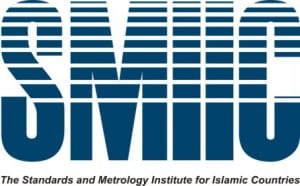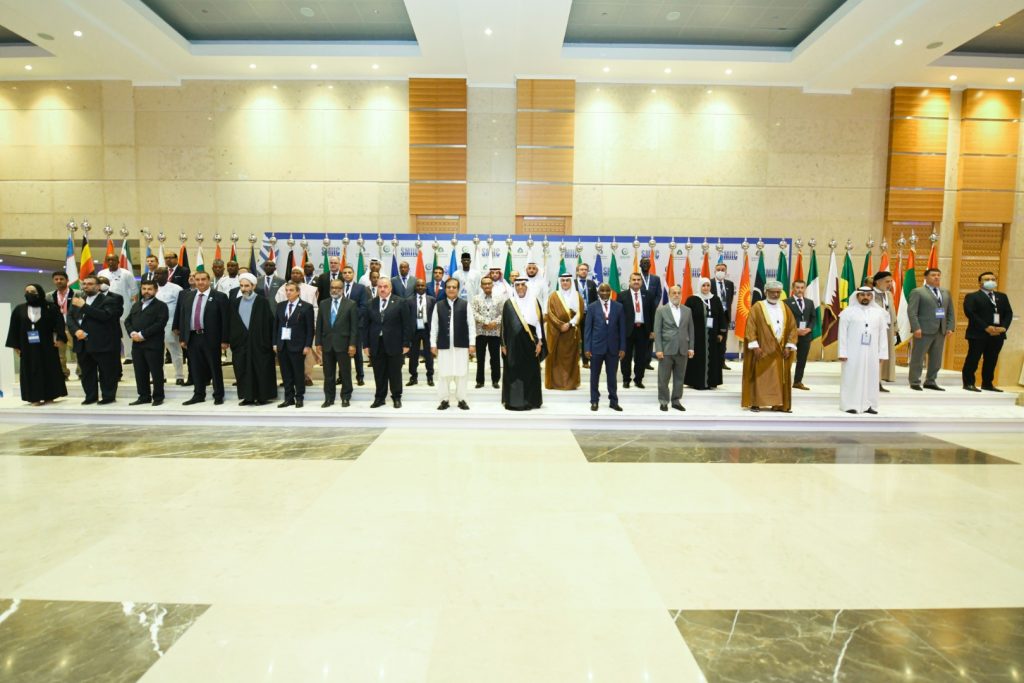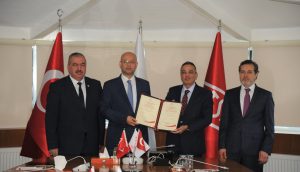 Since the first day SMIIC began to publish halal standards, there has been an extensive use and interest from interested parties, including producers, conformity assessment bodies, standardization institutions, accreditation bodies and such.
Since the first day SMIIC began to publish halal standards, there has been an extensive use and interest from interested parties, including producers, conformity assessment bodies, standardization institutions, accreditation bodies and such.
Now, a prominent example of the benefits of drawing upon OIC/SMIIC standards on halal issues can be observed in Turkey for different levels of implementation. Halal Accreditation Agency of Turkey (HAK) has been extensively referring various OIC/SMIIC standards through its accreditation schemes. For some of its halal accreditation schemes, HAK stands as the first and (at the present time) only public authority on global scale to embrace OIC/SMIIC rules for defining its halal accreditation requirements vis-à-vis conformity assessment bodies.
 HAK’s halal accreditation scheme for product/service certifiers is basically built upon the general framework that OIC/SMIIC 2:2019 outlines. OIC/SMIIC 2:2019 is the core standard that lays the rules for certifying products & services as halal. HAK has been actively assessing and accrediting conformity assessment bodies for their certification activities toward not only food and slaughtering but also for cosmetics and tourism services, should they meet the requirements and principles set in the standard.
HAK’s halal accreditation scheme for product/service certifiers is basically built upon the general framework that OIC/SMIIC 2:2019 outlines. OIC/SMIIC 2:2019 is the core standard that lays the rules for certifying products & services as halal. HAK has been actively assessing and accrediting conformity assessment bodies for their certification activities toward not only food and slaughtering but also for cosmetics and tourism services, should they meet the requirements and principles set in the standard.
In addition to this, HAK has been constantly strengthening its accreditation scope as per the expanding standardization efforts of SMIIC. In this vein, HAK recently established 2 more schemes on the basis of OIC/SMIIC 35:2020 and OIC/SMIIC 34:2020. Where the former halal standard simply lays the rules for laboratories performing analyses for halal conformity, the latter regulates the general requirements for bodies certifying persons in the halal industry.
In the early 2022, HAK granted accreditation to 5 laboratories through on-site visits and document controls as per the requirements of OIC/SMIIC 35:2020. This particular scheme of HAK shall greatly contribute to a solid “halal quality-infrastructure” in which product/service certifiers can easily access to laboratories that satisfy halal-related principles of OIC/SMIIC standards.
Similarly, HAK has begun to grant accreditation for bodies that certify persons to-be-employed as auditors and/or experts in the various spheres of halal industry: certification, production, service provision, quality assurance etc. By May 2022, Turkish Standards Institution (TSE) has been officially authorized by HAK to certify persons to serve as auditors and experts for halal purposes. Accrediting bodies that certify persons will also facilitate the certification of persons according to common skills and competence criteria.
OIC/SMIIC standards cover a wide range of conformity assessment activities, including certification and testing, as well as standalone documents and guidelines for food, cosmetics, tourism etc. The more common standards are identified through SMIIC’s standardization works, the more protection of consumers and the interoperability of products shall be rendered, in addition to a strengthened marketplace position of the OIC Member States in the global economy.


